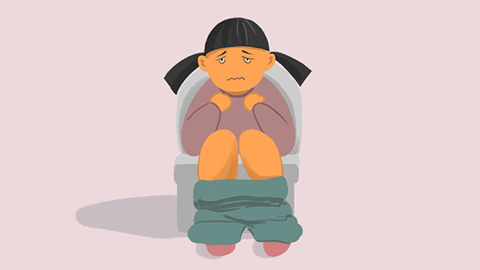What are the symptoms of excessive stomach fire?
Generally, excessive stomach heat, as a condition in traditional Chinese medicine, mainly manifests as oral odor, swollen and painful gums, abnormal appetite, constipation, epigastric burning pain, and other symptoms. A detailed analysis is as follows:

1. Oral odor: When there is excessive stomach heat, obvious oral odor may occur, manifesting as bad breath. This odor tends to be strong and difficult to completely eliminate even with brushing and mouth rinsing. At the same time, it may be accompanied by bitterness or dryness in the mouth, causing discomfort and a persistent feeling of insufficient saliva, requiring frequent drinking.
2. Swollen and painful gums: The upward inflammation of stomach heat can affect the gums, causing them to become red, swollen, and painful. Gum bleeding may also occur, especially during brushing or chewing, with more noticeable bleeding symptoms. In severe cases, swollen and painful gums may interfere with normal eating.
3. Abnormal appetite: Some patients may experience increased appetite, feeling hungry easily, consuming larger amounts of food but quickly feeling hungry again. Others may experience reduced appetite and a lack of desire to eat due to stomach heat damaging the stomach yin. Both presentations are related to dysfunction of the spleen and stomach caused by excessive stomach heat.
4. Constipation: Excessive stomach heat consumes body fluids, leading to intestinal dryness and resulting in dry, hard stools and difficulty defecating, causing constipation. The stool is often hard, pellet-like, and difficult to pass, sometimes accompanied by anal pain or anal fissures.
5. Epigastric burning pain: Patients often feel a burning or painful sensation in the epigastric region. The pain is usually persistent and may worsen after consuming spicy or hot foods. This discomfort may become more pronounced when the stomach is empty, affecting normal digestion and daily life.
If the above symptoms occur in daily life, adjusting the diet by reducing the intake of spicy and greasy foods and consuming more light and easily digestible foods may help alleviate the condition. Additionally, maintaining regular sleep patterns is important for managing excessive stomach heat.




